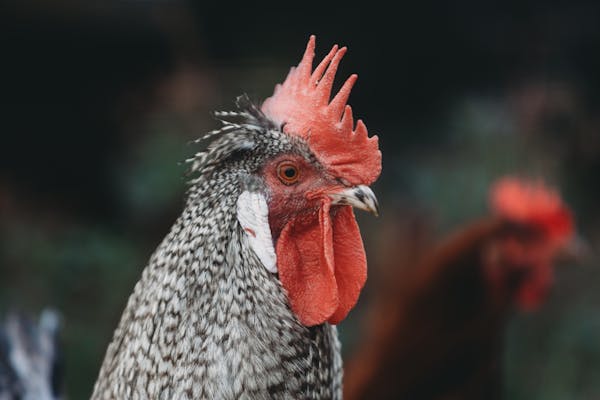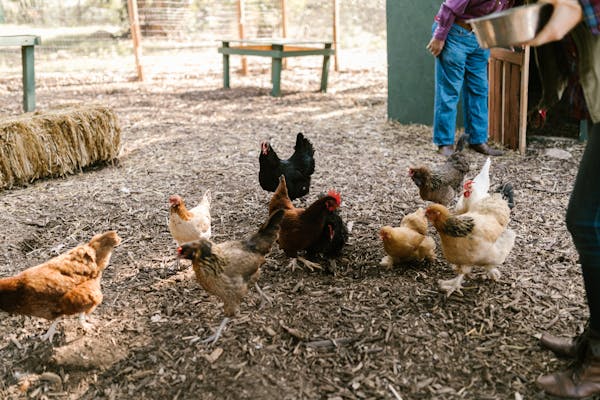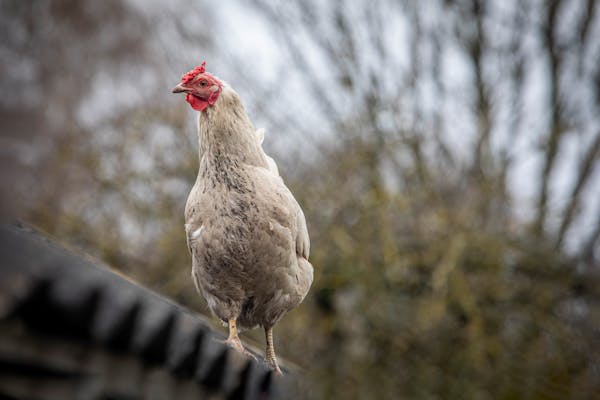
Are Chickens Smarter Than You Think? Surprising Facts
Jun 10, 2025 • Behavior • 5 minute read
Chickens are often underestimated when it comes to intelligence. Many people see them as farm animals with simple minds, but recent studies and observations suggest otherwise. In this article, we explore the hidden cognitive abilities of chickens and why they might be smarter than you think.
Chickens Have Strong Social Awareness
Within flocks, chickens develop complex social structures known as pecking orders. Each bird knows its rank, and disputes are usually settled without physical aggression, showing awareness of relationships and status.
Chickens also recognize other individuals, including humans. They remember familiar faces and can behave differently depending on who approaches them.
This social intelligence allows them to build bonds, avoid conflict, and even show empathy toward distressed flock members.
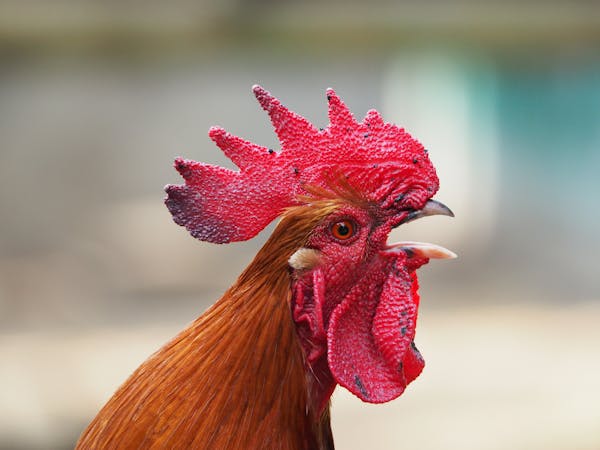
They Can Learn From Experience
Chickens are capable of learning from both positive and negative reinforcement. They can remember the location of food, respond to their names, and even solve basic puzzles to access treats.
Studies have shown that young chicks can learn to associate symbols with quantities, a skill that suggests basic arithmetic and abstract thinking abilities.
Communication Is More Advanced Than Expected
Chickens use a variety of vocalizations to communicate with each other, and each sound carries specific meaning. For example, distinct calls signal the presence of ground or aerial predators.
Hens also use a special clucking pattern to call their chicks, who quickly learn to recognize their mother's voice and respond to it.
This level of communication indicates not just vocal ability but also comprehension and intention behind sound.
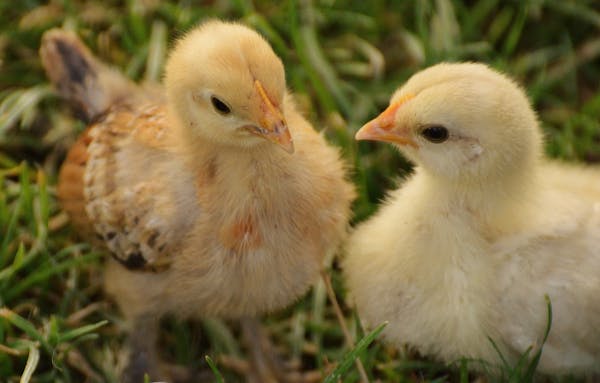
Emotional and Cognitive Depth
Research suggests that chickens experience a range of emotions. They can feel stress, contentment, fear, and curiosity. They may even exhibit signs of empathy when witnessing distress in others.
These emotional responses are connected to their environment and social group, showing that chickens are not just reactive—they process and respond to their surroundings in meaningful ways.
Why Chicken Intelligence Is Often Overlooked
Cultural stereotypes often depict chickens as unintelligent. This view is influenced by their role in food production and the fact that their behavior is rarely observed closely.
In reality, chickens kept in enriched environments display curiosity, playfulness, and problem-solving. These behaviors are harder to spot in commercial systems, which limit natural interaction.
As more people raise chickens in backyards and observe their personalities firsthand, public understanding of their intelligence is starting to change.
Recognizing their cognitive abilities can lead to better welfare practices and a deeper appreciation for these often misunderstood animals.
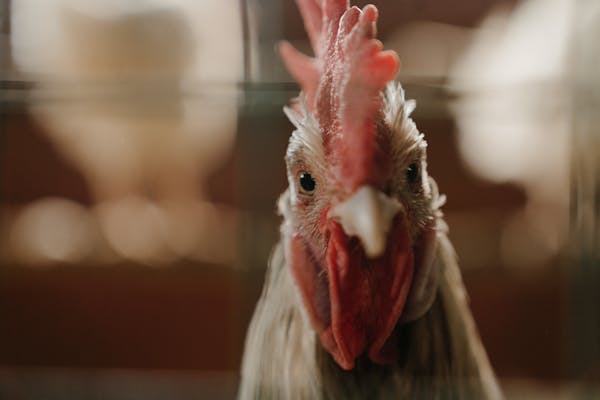
Reconsidering the Chicken Mind
Chickens are far more intelligent and emotionally aware than their reputation suggests. Their ability to learn, remember, communicate, and connect with others makes them unique among domesticated animals.
Understanding the depth of their behavior helps us treat them with the respect and care they deserve, whether on farms or in backyard coops.
